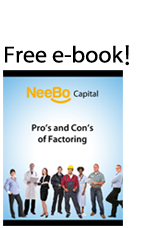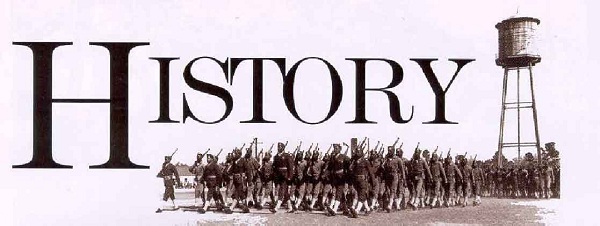What is Factoring?

What is factoring is a good question, because most business owners can not define factoring. If you own a business selling goods or services on credit terms then odds are your business can benefit greatly from a finical tool called factoring.
Factoring is a method of selling your accounts receivable or invoices. Factoring companies advance your business 70-90% of your invoice amounts. When your customer pays the invoice in the future the factoring company pays you the remaining 10% minus a small factoring fee. This fee is typically 1.5% to 2.5% depending on industry and other variables.
Why is factoring a popular finical too for business owners?
good question, to answer this lets use a trucking company as an example. Generally a trucking company bills its customers on credit terms such as net 30. However the trucking company has weekly expenses like tires, tolls, gasoline and beef jerky. Okay maybe they don’t spend a lot of cash on beef jerky but you get the point.
Now the trucking company will turn to a factoring company for an advance on their invoices. For example a $10,000 invoice > factoring company advances 90% ($9,000) > the customer pays the invoices in 60 days > the factoring company sends the trucking company the remaining 10% minus a factoring fee 1.5% > The trucking company paid $150 ($10,000 x 1.5%) and got their cash without waiting.
This small factoring fee is well worth it for many businesses that sell on credit because they greatly benefit from having cash in their hands without waiting. Business owners also save money by having cash in hand faster without waiting to get paid. How?
They can pay their suppliers faster and take advantage of discounts, they have cash on hand to handle marketing and new projects ect.
To see the pro’s and con’s of factoring click here or visit neebocapital.com and check out the free ebook about the pros and cons of factoring.
Good Luck!









